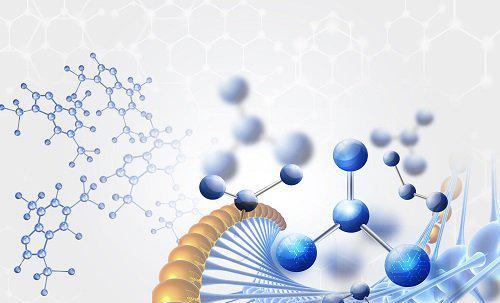Recently, Hengrui Pharmaceutical received the "Notice of Approval of Drug Clinical Trials" approved by the State Drug Administration, approving the company to carry out an open-ended, multi-center Phase I/II clinical study on the treatment of patients with advanced malignant solid tumors with SHR-1701 combined with famitinib malate.

Due to factors such as the environment and the increase in average human life expectancy, cancer has become the main cause of death in China's population and a major problem in the field of public health. In January 2019, the latest Chinese cancer data released by the National Cancer Center showed that of the 368 registries (covering 310 million people) in the country that were included in the analysis, it was estimated that there were 3.929 million new cases of malignant tumors and 2.338 million deaths of malignant tumors nationwide in 2015. Advanced malignancies are difficult to cure and have high recurrence rates, and the cost of treatment remains high, which is a heavy burden on families and society.
In recent years, small molecule drug targeted therapies that inhibit tumor angiogenesis and immunotherapy that enhance patients' anti-tumor immunity have been approved by regulatory agencies in various countries. Targeted therapies can cause significant clinical responses in a variety of tumor types, but these responses are short-lasting and susceptible to tumor immune evasion and clinical recurrence. Immunotherapy represented by immune checkpoint inhibitors (such as PD-1/PD-L1 antibodies) can directly kill tumor cells and enhance the body's immune response, ultimately prolonging the survival of patients, especially bispecific antibodies targeting more targets, which is expected to overcome the bottleneck of low effective response rate (about 20%) of single target PD-1/PD-L1 antibodies to common tumors. The US FDA has granted a number of breakthrough therapy certifications for PD-1/PD-L1 antibodies combined with anti-angiogenic drugs, and combination therapy strategies occupy an increasingly important position in the comprehensive tumor treatment system.
SHR-1701 is an anti-PD-L1/TGF-βRII bifunctional fusion protein developed by Hengrui Company, which can block the PD-1/PD-L1 pathway and neutralize the TGF-β in the tumor microenvironment, and the joint inhibition of negative signals of PD-1 and TGF-β can bring a more effective anti-tumor immune response than any single pathway, thereby achieving the purpose of increasing anti-tumor efficacy.
Famitinib malate capsule is a small molecule multi-target tyrosine kinase inhibitor innovatively developed by Hengrui Pharmaceutical, which has a good inhibitory activity against a variety of receptor tyrosine kinases, and at present, 15 different stage clinical studies including advanced solid tumors, nasopharyngeal cancer, non-small cell lung cancer, gastrointestinal stromal tumors, neuroendocrine tumors, renal clear cell carcinomas, colorectal cancer, bile duct cancer and other tumors are being carried out in China. Among them, including 2 clinical studies of immunotherapy combined with famitinib.
The results of preclinical studies show that the combination of SHR-1701 and famitinib malate can exert a synergistic effect. The combined use of famitinib malate on the basis of SHR-1701 can better remove negative inhibitory cytokines in the tumor microenvironment, maximize the activity of killer T cells, and produce immune killing effects on tumors.